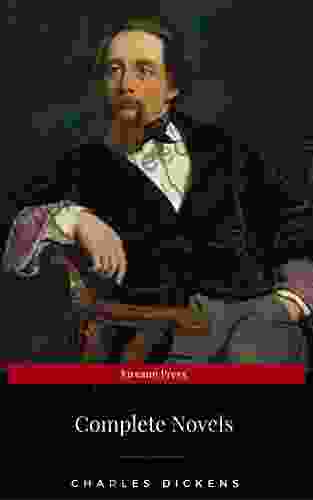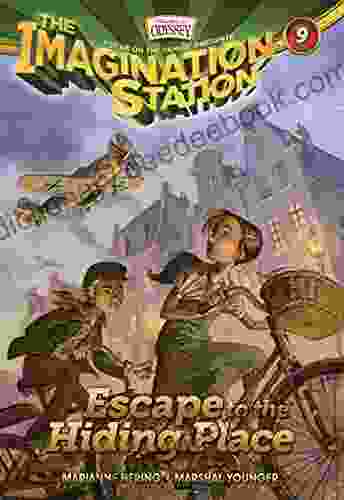Oliver Twist, Great Expectations, and Bleak House: A Journey through the Social Landscape of Dickensian England

In the sprawling literary universe of Charles Dickens, three novels stand out as towering achievements that encapsulate the social and cultural landscape of Victorian England: Oliver Twist, Great Expectations, and Bleak House.
These works, published between 1837 and 1853, cast a penetrating gaze upon the stark inequalities, urban poverty, and social injustice that plagued the nation during the Industrial Revolution.
4.8 out of 5
| Language | : | English |
| File size | : | 13420 KB |
| Text-to-Speech | : | Enabled |
| Enhanced typesetting | : | Enabled |
| Print length | : | 10400 pages |
| Screen Reader | : | Supported |
As we delve into the intricate tapestry of these novels, we encounter a kaleidoscope of unforgettable characters who embody the human spirit's resilience, vulnerability, and capacity for both redemption and despair.
Oliver Twist: The Plight of the Orphan
At the heart of Oliver Twist lies the titular orphan boy, born into a life of destitution and brutality. From the grim workhouses of London to the sinister dens of Fagin's gang, Oliver's journey mirrors the harrowing experiences of countless children in the Victorian era.
Dickens paints a vivid picture of the suffocating poverty and social neglect that led many orphans to fall into criminality or perish in the streets. Through Oliver's unwavering hope and the compassion of a few kind souls, he offers a glimmer of redemption in the face of adversity.
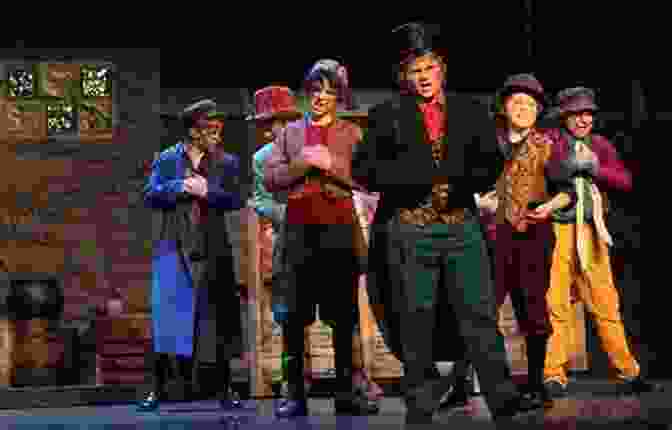
Great Expectations: The Illusion of Class and Society
In Great Expectations, Pip, an orphaned boy of humble origins, is thrust into the world of privilege and wealth by an anonymous benefactor. As Pip's expectations soar, he becomes entangled in a complex web of social conventions and unfulfilled promises.
Dickens explores the corrosive effects of class consciousness and the illusion of social mobility. Pip's journey ultimately reveals the emptiness of his grand ambitions and the true value of loyalty, compassion, and self-acceptance.

Bleak House: The Labyrinth of Law and Injustice
Bleak House is a sprawling epic that dissects the labyrinthine bureaucracy and legal system of Victorian England. Amidst a cast of unforgettable characters, including the eccentric Mr. Jarndyce and the enigmatic Lady Dedlock, Dickens unveils a society plagued by corruption, judicial delays, and social indifference.
The novel's title aptly reflects the oppressive and suffocating atmosphere, as characters become entrapped in a seemingly endless cycle of legal battles and personal tragedies. Dickens's scathing indictment of the legal system exposes its inherent flaws and the devastating consequences it inflicts upon the lives of the innocent.
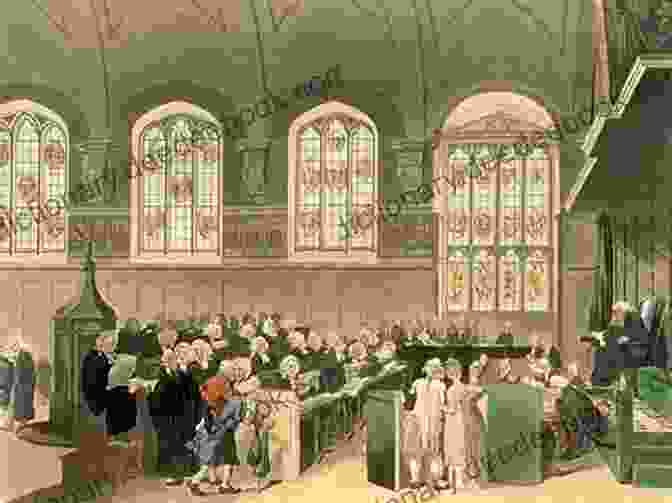
The Social Panorama of Victorian England
Collectively, Oliver Twist, Great Expectations, and Bleak House create a panoramic view of Victorian England, capturing its social fabric, economic disparities, and the struggles of those marginalized by a rapidly changing society.
Dickens's keen eye for detail and his profound empathy for the suffering of the poor have earned him the reputation as a social reformer. Through his novels, he challenged the prevailing social norms and called for reforms that would alleviate poverty, improve public health, and protect the rights of the vulnerable.
Today, these novels continue to resonate with readers worldwide, reminding us of the enduring themes of social injustice, child welfare, and the pursuit of a just and equitable society.
Oliver Twist, Great Expectations, and Bleak House stand as literary masterpieces that have left an indelible mark on English literature and the human consciousness.
Through their unforgettable characters and gripping storylines, these novels illuminate the social landscape of Victorian England, urging us to confront the challenges of our own time and strive for a society where compassion, justice, and opportunity prevail for all.
4.8 out of 5
| Language | : | English |
| File size | : | 13420 KB |
| Text-to-Speech | : | Enabled |
| Enhanced typesetting | : | Enabled |
| Print length | : | 10400 pages |
| Screen Reader | : | Supported |
Do you want to contribute by writing guest posts on this blog?
Please contact us and send us a resume of previous articles that you have written.
 Novel
Novel Chapter
Chapter Text
Text Story
Story Genre
Genre Reader
Reader E-book
E-book Magazine
Magazine Newspaper
Newspaper Sentence
Sentence Bookmark
Bookmark Shelf
Shelf Glossary
Glossary Foreword
Foreword Synopsis
Synopsis Bestseller
Bestseller Library card
Library card Biography
Biography Autobiography
Autobiography Memoir
Memoir Dictionary
Dictionary Narrator
Narrator Character
Character Resolution
Resolution Card Catalog
Card Catalog Borrowing
Borrowing Stacks
Stacks Research
Research Scholarly
Scholarly Reserve
Reserve Academic
Academic Reading Room
Reading Room Rare Books
Rare Books Special Collections
Special Collections Interlibrary
Interlibrary Study Group
Study Group Thesis
Thesis Awards
Awards Reading List
Reading List Theory
Theory Avenged Sevenfold
Avenged Sevenfold Derek Graham
Derek Graham Richard Simpson
Richard Simpson John Kromer
John Kromer Oliver P Richmond
Oliver P Richmond Amanda Boyarshinov
Amanda Boyarshinov Jo Hamya
Jo Hamya Lothar Deeg
Lothar Deeg Janice Ford
Janice Ford Liana Gramza
Liana Gramza M C Beaton
M C Beaton Bartholomew Perez
Bartholomew Perez Tarah Schwartz
Tarah Schwartz Chris Harris
Chris Harris Brainard Carey
Brainard Carey Paris Anderson
Paris Anderson Vernon Lee
Vernon Lee Rosie May Garrett
Rosie May Garrett Donna Andrews
Donna Andrews Richard J Light
Richard J Light
Light bulbAdvertise smarter! Our strategic ad space ensures maximum exposure. Reserve your spot today!

 Theodore MitchellA Journey Through Time and Space: A Comprehensive Study Guide for Ray...
Theodore MitchellA Journey Through Time and Space: A Comprehensive Study Guide for Ray...
 Jerome BlairGCSE Set Text Student Edition Collins Classroom Classics: An Unbiased Review...
Jerome BlairGCSE Set Text Student Edition Collins Classroom Classics: An Unbiased Review...
 Brennan BlairVolume 41: Oceanography and Marine Biology - An Annual Review: Exploring the...
Brennan BlairVolume 41: Oceanography and Marine Biology - An Annual Review: Exploring the... Emmett MitchellFollow ·12.8k
Emmett MitchellFollow ·12.8k Francisco CoxFollow ·6.3k
Francisco CoxFollow ·6.3k Victor TurnerFollow ·10.4k
Victor TurnerFollow ·10.4k Jerome PowellFollow ·11.7k
Jerome PowellFollow ·11.7k Ben HayesFollow ·10.4k
Ben HayesFollow ·10.4k Lord ByronFollow ·13.7k
Lord ByronFollow ·13.7k Craig BlairFollow ·16.2k
Craig BlairFollow ·16.2k Martin CoxFollow ·13.4k
Martin CoxFollow ·13.4k
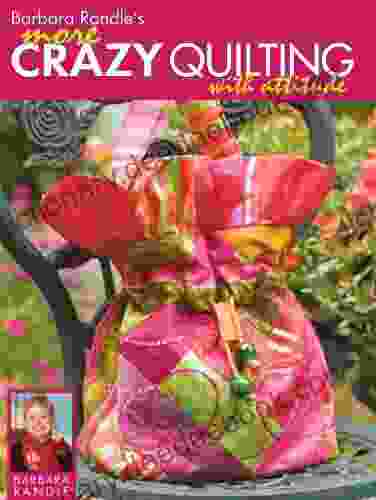
 Jerome Powell
Jerome PowellBarbara Randle: More Crazy Quilting With Attitude -...
A Trailblazing Pioneer in...

 Jan Mitchell
Jan MitchellLapax: A Dystopian Novel by Juan Villalba Explores the...
In the realm of dystopian literature, Juan...

 Rodney Parker
Rodney ParkerOur Mr. Wrenn: The Romantic Adventures of a Gentle Man
Our Mr. Wrenn is a 1937 novel...
4.8 out of 5
| Language | : | English |
| File size | : | 13420 KB |
| Text-to-Speech | : | Enabled |
| Enhanced typesetting | : | Enabled |
| Print length | : | 10400 pages |
| Screen Reader | : | Supported |


